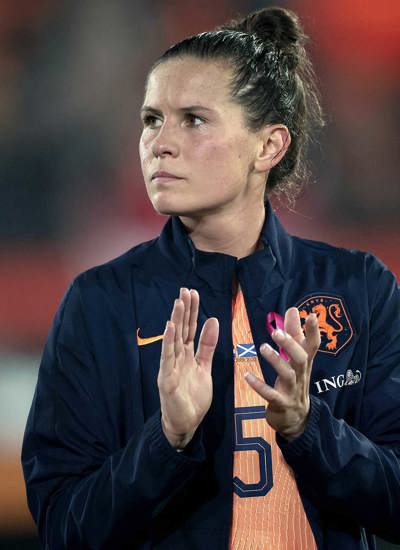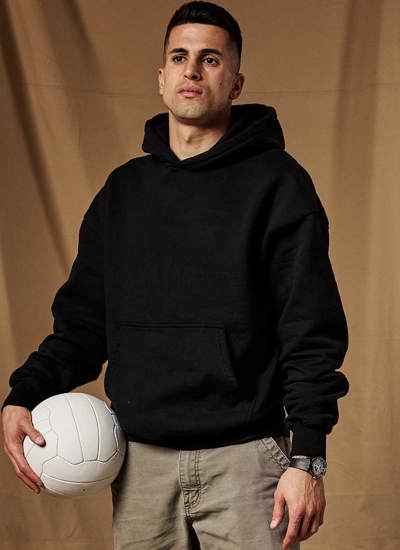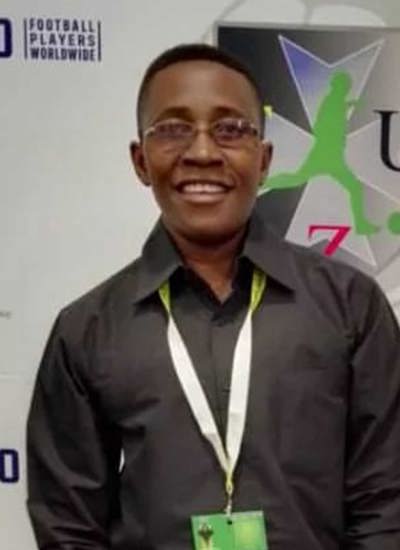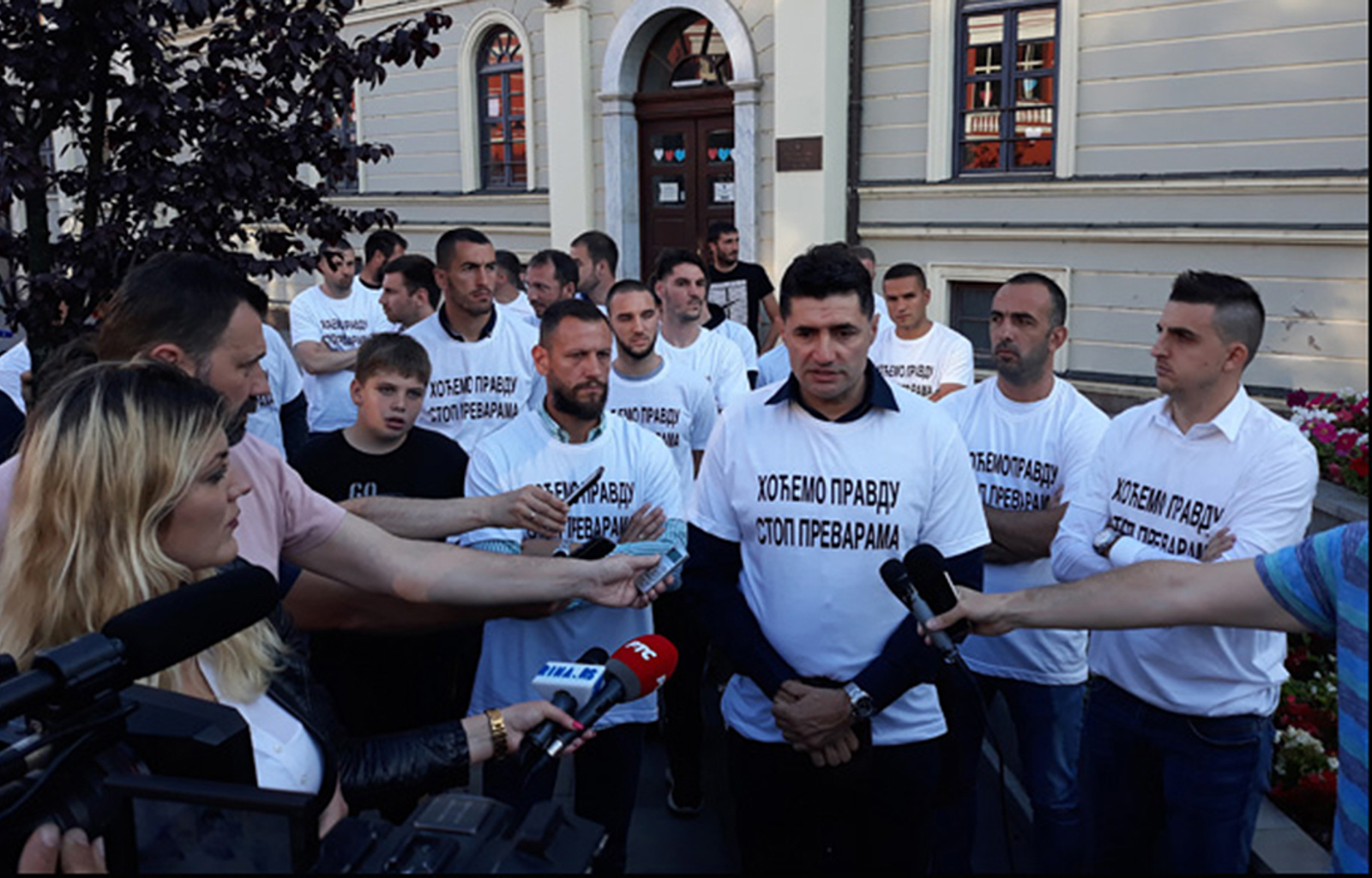
As our name says, FIFPRO is a federation of player unions. Currently, 66 organisations are associated within FIFPRO to support professional footballers worldwide.
In the latest of our Union in Focus series, we look at Sindikat Profesionalnih Fudbalera Nezavisnost (SPFN) from Serbia. They hope to improve the protection of their players by introducing a licensing system for second league footballers.
History
The Sindikat Profesionalnih Fudbalera Nezavisnost (SPFN) was established in 2006. “But nothing really happened until 2009 when we had our first assembly,” said Mirko Poledica, the president of the player union.
Since that time, Poledica has been the union’s president. He was a professional footballer himself with various clubs in Serbia, Czechia and Poland.
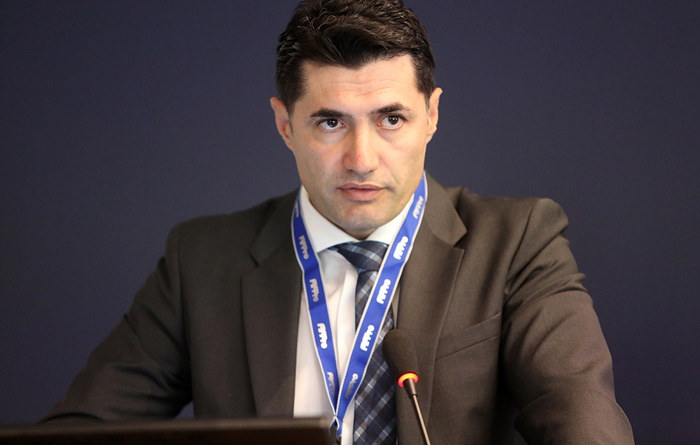
“After playing abroad for five years, I returned to Serbia in 2007,” he said. “I was surprised to notice that players were unhappy, some of them were coping with symptoms of depression.
“The situation was very bad. The players did not have any rights. They had an amateur status, only had verbal agreements, and had no written contracts. They told me that they had to play in fixed matches and were under a lot of pressure from club leaders.”
Poledica organised a meeting with team captains and together they agreed to establish a union to change football. “It was also the reason that I finished my playing career in 2009. I was unhappy too, as I was playing matches that to me were clearly fixed.”
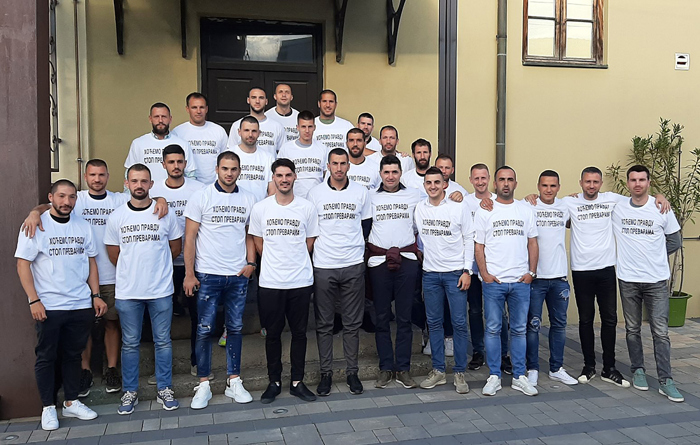
Achievements
“The union made great progress from 2011 until 2016,” said Poledica. The SPFN introduced standard player contracts and players officially became professional footballers. They set up a national dispute resolution chamber (NDRC) and adjusted the local regulations on the status and transfer of players. In 2011, the union became a FIFPRO member.
But the situation changed in 2016 when the football association (FSS) appointed a new president. “His first decision was to destroy the NDRC.” Some key arbitrators were dismissed and judges with close ties to clubs were appointed. While the president has since left, the union’s working relationship with the FSS is minimal.
However, the SPFN found a way to protect the players. With the help of FIFPRO and UEFA, they successfully introduced a licensing system for the Super League, the country’s top tier, in 2018. “If a club isn’t paying the players, we can inform the licensing committee and the issue is quickly solved.” According to Poledica, the number of cases significantly dropped. Where the union previously dealt with 500 cases, he estimates that they had around 60 cases in 2022.
“For our country, the licensing system works. It would be great to have a functional NDRC, but in Serbia most contracts are short, one or two years. Players don’t want to wait too long to get their money, they don’t have time to terminate their contract with just cause. I think it is our biggest achievement.”
The SPFN has also recently agreed to introduce the licensing system in the First League, Serbia’s second tier, next season.
Status
The SPFN has around 600 members. Most of them are playing in Serbia, but many have joined foreign clubs. “There are more Serbian players abroad than in Serbia. Last week, a player called me for advice as he was signing with a club in Tanzania.
“I always encourage players to join unions in the country they are playing. We have a fantastic cooperation with unions in other countries, such as Greece and Croatia. It is important to work closely together.”
Regardless of the licensing system, Poledica still spends a lot of time arranging that players get their money. “In the future, we hope to have more time for other programs. Currently, we are encouraging players to study. They don’t earn a lot of money in our country, so they need to have a plan for after their playing career. For young players especially, it is important to finish high school.”
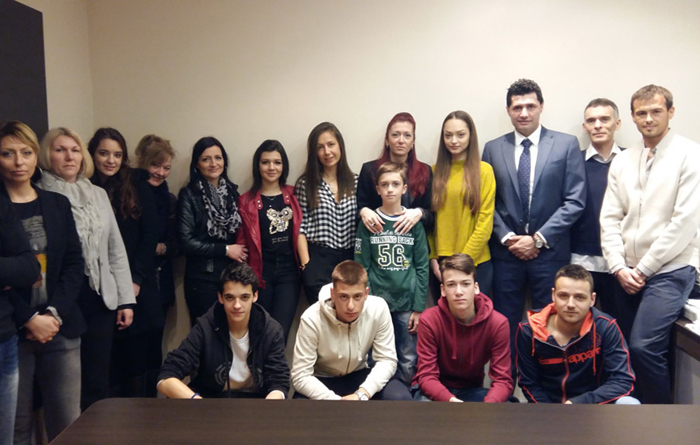
Working in Serbia
“If you want to work for a players union in Serbia, then you need to be brave,” Poledica states. “But not only in Serbia; there is little difference between countries in Eastern Europe.
“We sometimes have to deal with bad people. It can be frustrating when we are negotiating with the league and the FA and they do not recognise that player rights are important if they want to improve football. But it is our job.
“Not all clubs in Serbia are bad, we have a good relationship with some of them. But some clubs do not respect players, and the biggest clubs are the worst: Partizan and Red Star. They don’t like us because we criticise them publicly, but we have to do it. Red Star were playing Champions League qualifiers and were not paying players their salaries. I cannot understand this. We have to address it.”
This month the SPFN will be supporting Takuma Asano, the Japan international who scored the winner against Germany in the World Cup. “We helped him with his case against Partizan."
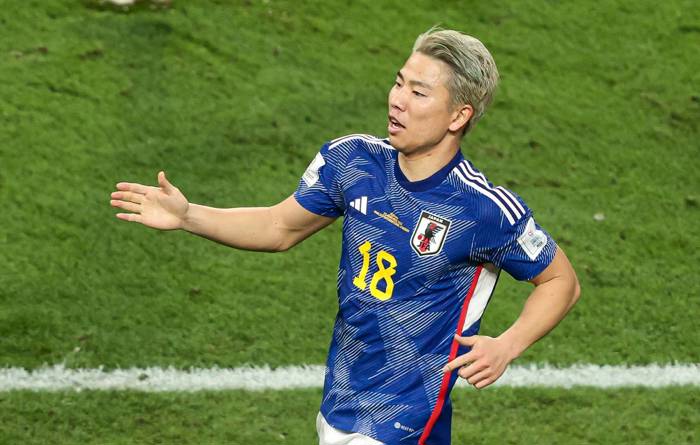
He terminated his contract with just cause after non-payment and won his case at the FIFA DRC. Partizan appealed to CAS and the hearing is in January.
“Some clubs may not allow us in the dressing room, but that reflects poorly on them. We can also use technology and organise video meetings to talk with players.
“If you have the players, you can change things. That’s why it is important to be united and work in solidarity with each other.”
